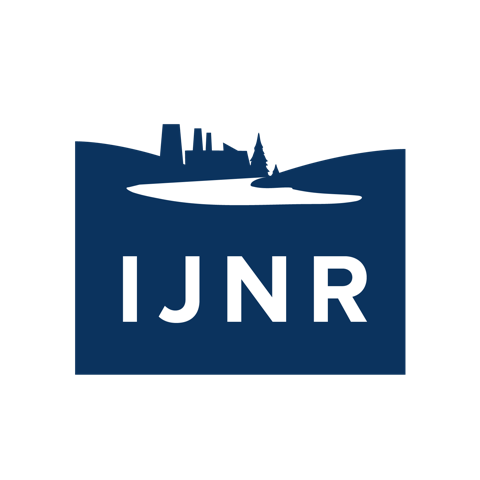
Photo: US Army Corps of Engineers
Great Lakes Water Levels:
A Workshop for
Journalists
June 4-5, 2020
ONLINE
As rising seas swamp coastal cities and the Mississippi River runs at a near-constant flood stage, another story of high water has bubbled up in an unexpected place – the Great Lakes. Less than a decade ago, the story in the Great Lakes Basin was one of dramatically low water levels. But, by the summer of 2019, they had returned to record highs – a gain that has historically taken closer to 20 years in the lakes' long-term water level cycle.
Now the lakes have risen so high that they’re threatening solid ground at levels not seen since the 1980s. Homes have fallen into lakes Michigan and Huron, roads are under water, vast swaths of near-shore farmland are flooded, and Great Lakes cities are grappling with a water-logged future. Some climate models indicate the potential for a sustained pattern of moisture from the Gulf of Mexico that could keep lake levels high for the foreseeable future, but not so long ago such models predicted the lakes would continue to fall.
On June 4-5, the Institute for Journalism & Natural Resources hosted an online workshop that introduced journalists to the new reality – and uncertainty – of Great Lakes water levels, as they explored topics like:
The latest science on climate and water level models and the challenge of forecasting lake levels in the years and decades ahead.
What Great Lakes cities are doing to fight flooding and keep the water at bay.
How high lake levels impact coastal ecosystems.
What options homeowners have to protect their homes from encroaching lakes - and how the insurance industry is responding.
What excessive water levels mean for the Great Lakes Compact, a multi-governmental agreement designed to keep water in the Great Lakes.
Participating Journalists
The mission of the Institute for Journalism & Natural Resources is to advance public understanding and civic engagement about environment, natural resource, public health and development issues through programs that inform, empower, and inspire journalists. IJNR conducts expenses-paid, expedition-style training and professional development programs for journalists at all career stages and from all sorts and sizes of news outlets, ranging from newspapers and magazines to radio, television and online operations.

This program was generously supported by The Joyce Foundation and individual donors.
IJNR maintains editorial independence and control in all of its programming and decision-making.



























